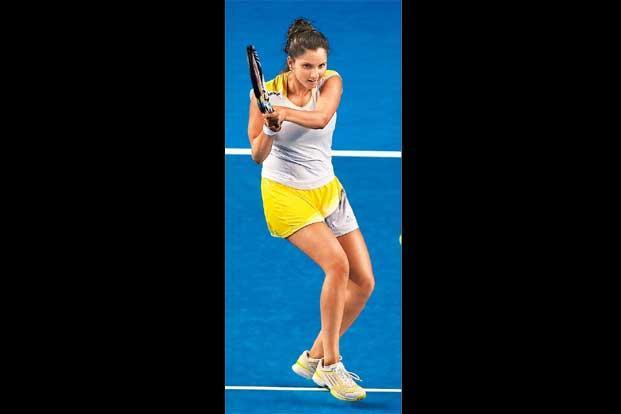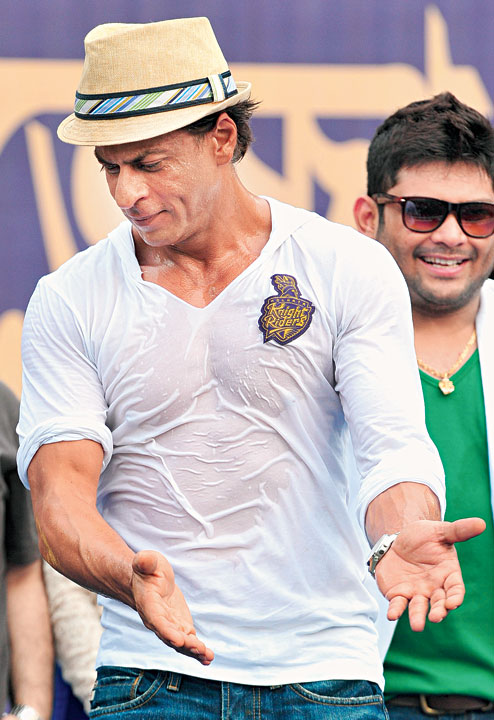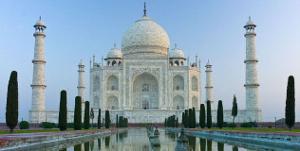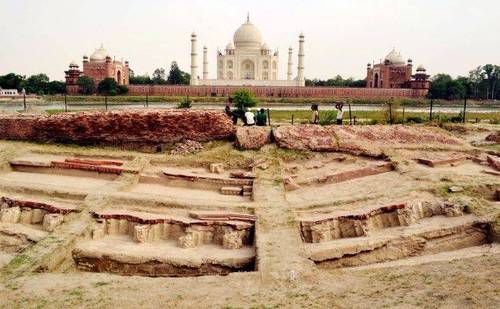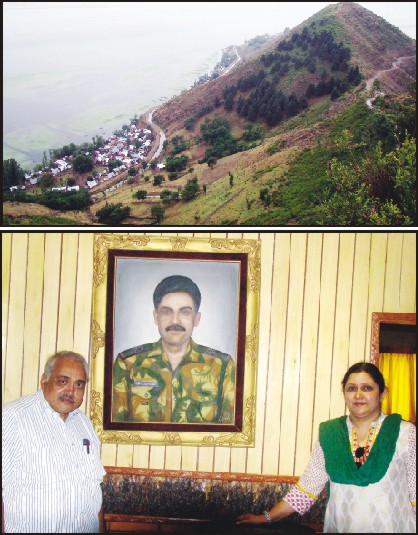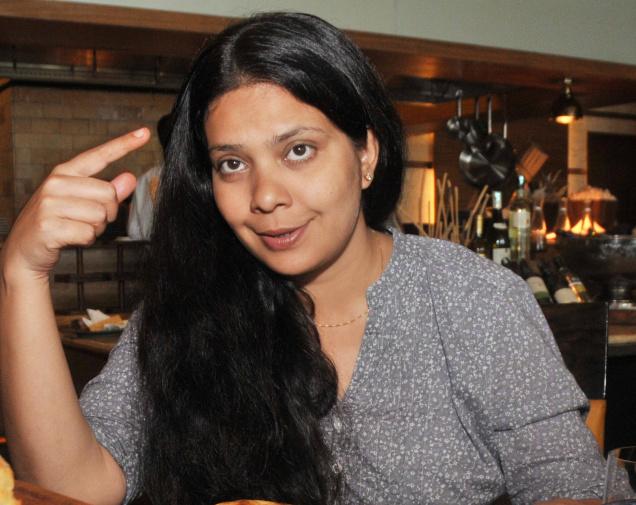
Anusha Rizvi is a director and screenwriter, whose debut was the the critically acclaimed movie “Peepli Live”. The film was selected as the Indian nomination in the Best Foreign film category.
It won the Best First Film award at Durban film festival. The former journalist was in the Capital recently to give a talk on “The portrayal of women in Hindi cinema”.
During an interactive session at ANHAD on depiction of women in cinema, she spoke to Friday Review about the changing focus of roles offered to women, as well as her upcoming projects.
Excerpts:
What made you switch from being a journalist to a filmmaker?
While working as a journalist, I was starting to get a little weary. An idea came to me and I realized that I wanted to do something else other than news. I wanted to deal with images and tell stories. So, that’s when I made this transition.
In the last couple of years, the audience has seen strong roles for women on screen. Have things also changed for women working behind the screen?
I do feel things have changed. With more women professionals joining the industry, not just as actors, the scenario is gradually improving. Being a director, I am already in a position of power, but I don’t know how things are for women who are working below me. Although, I have crossed that barrier and there are a lot of women who need to do that too. This can only happen when there are more women on the sets.
Why do filmmakers resort to incorporating of songs that sometimes tend to objectify women?
I think this is a question which should be asked to the audience. With them listening to such songs, and the filmmakers giving the audience what they want to listen to, this has now become a vicious cycle.
After “Peepli Live” you announced your next project “Opium”. How is it coming along?
At the moment the first draft of the script is ready, we’re just waiting for things to fall in place, in terms of finance. Now, I am in the middle of writing another script. It is not based on anything, it is my original work.
There exists this classification bifurcation of a movie as either being a commercial hit or receiving critical acclaim. How can movie makers strike a balance between the two? Also do you think movies have an impact?
Filmmakers have to strike a balance according to the stories they are attracted to. If I am attracted to a certain kind of story then I can only tell that story. No matter how hard I try to tell another one, it won’t come out well. It depends on the individual, I believe in doing stories that come from my own conviction.
I think films have a great impact. There are certain films that stay with you for life. Movies like “Junoon”, “Mirch Masala” and “Pather Panchali” which I saw in my childhood have given me a great deal of substance.
source: http://www.thehindu.com / The Hindu / Home> Features> Cinema Plus / by Padmaja Venkataraman / July 03rd, 2014

